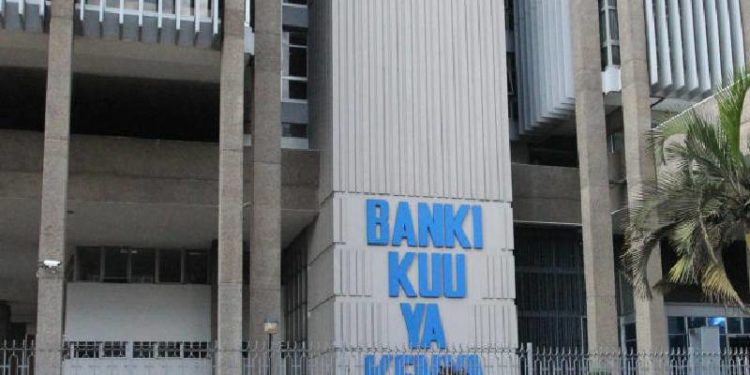The cost of interbank borrowing among commercial banks has surged to its highest level in 55 months, signalling tightened cash supply and indicating recent spikes in credit pricing by lenders. Data from the Central Bank of Kenya (CBK) reveals that on July 24, 2023, the interbank rate, which represents the interest charged on short-term credit exchanged between banks, reached 11.2%, marking the highest level since December 14, 2018, when it stood at 11.3%. Banks engage in interbank borrowing either to ensure sufficient liquidity for immediate needs or to lend out excess funds they have on hand. This lending system typically involves short-term transactions lasting no more than a week or even overnight. During the period of July 14-20, the daily average borrowing by banks from their peers increased by 69.9%, to Kshs 24.3 bn, a substantial increase from Kshs 14.3 bn recorded the previous week (July 7-13).
Read more: Kenyan Market Experiences Increased Liquidity Amid Tough Economic Times
CBK reports indicate a decline in liquidity in the money market by the end of the week on July 20, primarily attributed to government receipts outweighing state payments. This liquidity squeeze is further evident through a competitive pursuit of bank deposits. Kenyan lenders have elevated interest rates on fixed deposits to a five-year average of 7.7%, appealing to wealthy clients and attempting to retain funds amid liquidity constraints. Typically, banks offer higher interest rates on fixed deposits to attract clients with substantial assets, thereby encouraging the deposit of larger sums. Such cash-rich entities and individuals typically dominate the fixed deposit market, where accounts often lock up millions of shillings for several months to a year. On the other hand, most savings accounts do not earn interest or offer substantially lower rates compared to fixed deposit accounts.
Read more: Kenya’s Credit Outlook Downgraded Amid Tight Liquidity Position
The recent surge in the deposit rate, reaching a five-year high, indicates banks’ eagerness to raise funds for increased lending, despite tight liquidity conditions caused by rising base lending rates and subsequent short-term State securities rates. This move comes amidst improved economic activity, prompting banks to seek capital for lending purposes.
Email your news TIPS to editor@thesharpdaily.com
















